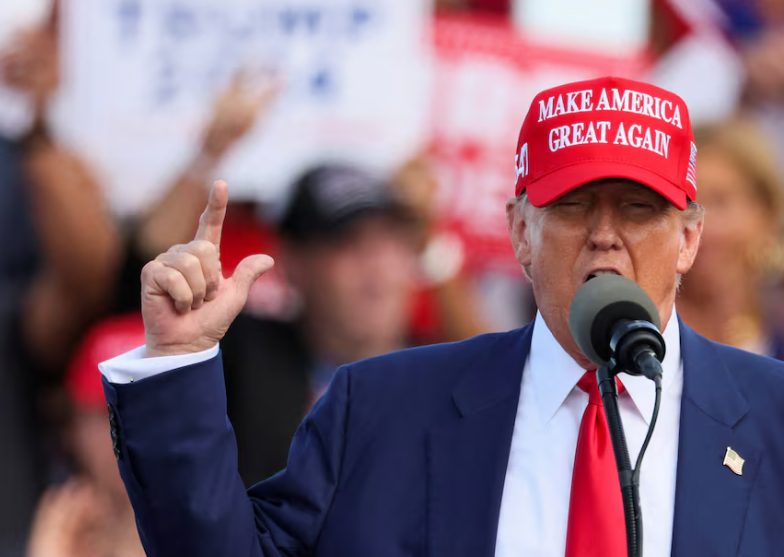On Friday, a New York judge sentenced Donald Trump, ensuring he will become the first convicted felon to take the oath of office as President of the United States on January 20. The sentencing marked the culmination of a 21-month legal saga involving Justice Juan Merchan, featuring accusations of political bias from Trump and stern rebukes from the judge.
Charges and Conviction
Prosecutors charged Trump in April 2023 with falsifying business records to conceal hush money payments to a porn star. Despite being found guilty by a jury in May 2024, Trump avoided jail time, fines, and probation. However, Justice Merchan’s sentence of unconditional discharge permanently marks Trump’s record with the conviction.
Throughout the six-week trial, Trump relentlessly attacked Merchan, labeling him a “radical partisan” aligned with his Democratic adversaries. He even questioned Merchan’s impartiality by pointing to his Colombian heritage and his daughter’s employment with a Democratic consultancy. Despite these attacks, Merchan refrained from engaging directly but clearly expressed his disapproval of Trump’s rhetoric.
Gag Order and Fines
Before the trial began, Merchan imposed a gag order restricting Trump’s comments about individuals involved in the case. Trump repeatedly violated this order, resulting in a $10,000 fine and threats of jail time for further infractions.
Following the trial, Merchan criticized Trump’s disregard for the judiciary, rejecting Trump’s efforts to overturn the verdict despite his victory in the November 5 presidential election. Merchan underscored the gravity of Trump’s actions and the unprecedented nature of the case, which marked the first criminal trial of a sitting or former U.S. president.
Sentencing and Political Implications
The case presented unique challenges for Merchan, who had to balance the demands of justice with the extraordinary legal protections afforded to a sitting president. Delays in sentencing, requested by Trump and granted by Merchan to avoid any perception of political bias, ultimately led to the decision to impose an unconditional discharge.
Merchan acknowledged the exceptional legal protection provided by the presidency but emphasized that it does not extend to erasing jury verdicts. In a brief, largely procedural hearing, Trump maintained his stance that he was treated unfairly but thanked the judge. Merchan, closing the chapter on their contentious encounters, wished Trump well as he prepared to assume his second term.
This sentencing underscores the tension between the legal system and the political arena, highlighting the complexities of holding a president accountable while respecting the constitutional protections of the office.

